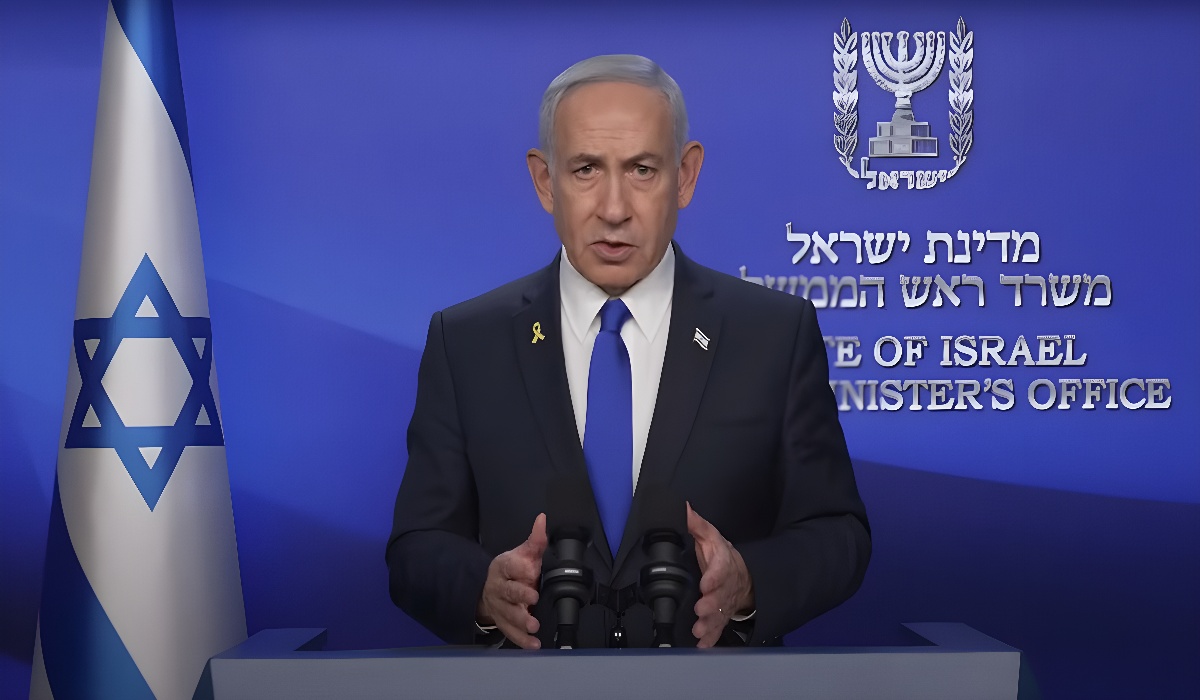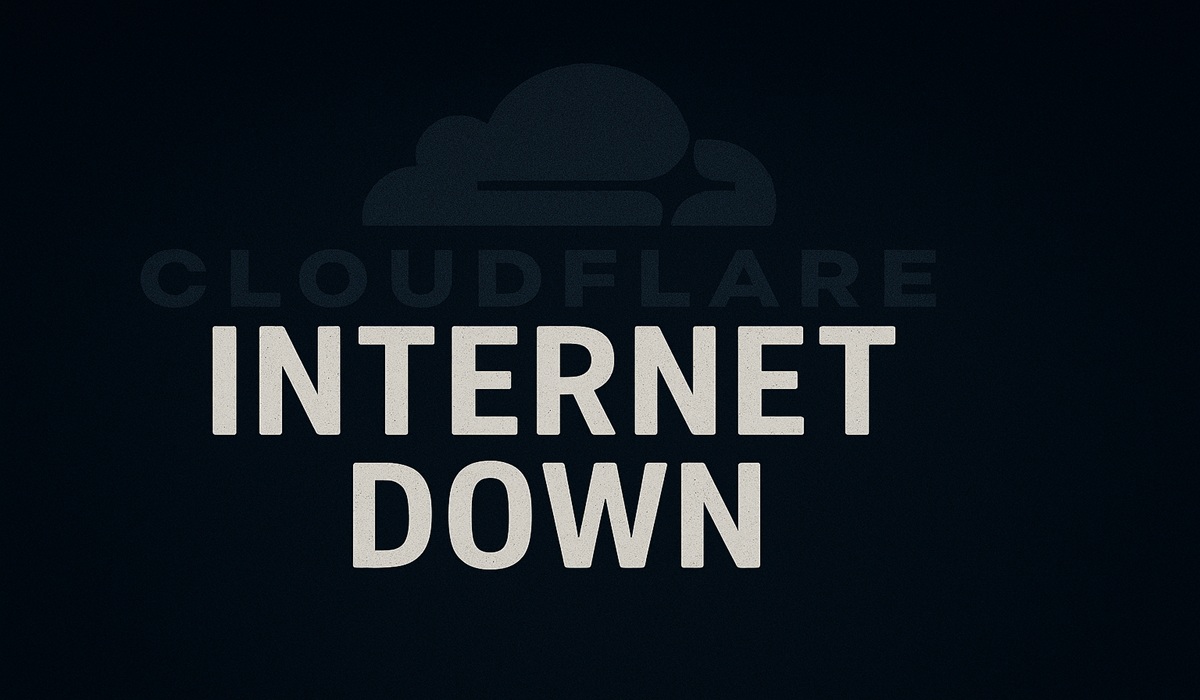Netanyahu Launches Preemptive Strike on Iran, Drawing Sharp Rebuke from Trump Administration
- TDS News
- Breaking News
- June 13, 2025

By The Daily Scrum News International Desk
In an unprecedented and deeply troubling development, Israeli Prime Minister Benjamin Netanyahu has ordered what he is calling a “preemptive military strike” on Iranian facilities, claiming the Islamic Republic is actively developing nuclear weapons. The attack marks a dramatic and dangerous escalation in an already volatile Middle East, further fraying diplomatic efforts to reach any form of nuclear accord.
President Donald Trump appeared to condemn the move in strong terms, indicating that Israel’s strike could destroy any remaining chances of restoring a nuclear agreement with Iran. He reaffirmed U.S. support for Israel’s security but made it clear that the United States was not involved in the decision.
In a surprise turn, U.S. Secretary of State Marco Rubio issued a firm and unusually frank statement: “Israel acted unilaterally. Let me be clear—this was not a coordinated action with the United States. Iran must not target American interests or personnel, but we did not authorize, greenlight, or have prior knowledge of this mission.”
The choice of words—“acted unilaterally”—sent shockwaves across diplomatic circles. In Washington, it raised eyebrows and serious questions: Was the U.S. truly blindsided, or is this a calculated public distancing from an ally whose actions are becoming increasingly difficult to defend on the world stage?
As it stands, Israel is now actively engaged in simultaneous military operations across multiple fronts: Gaza, where an already devastated civilian population faces relentless bombardment; Syria and Lebanon, where strikes have been reported against Hezbollah positions; and now Iran, a regional power whose response could reshape the geopolitical order of the Middle East.
The stakes could not be higher. Iran has long been accused by Israel and its Western allies of supporting groups such as Hezbollah and Hamas through financial, logistical, and military means. But it is equally true—and widely documented—that the United States remains the principal supplier of advanced weaponry, intelligence, and billions in military aid to the Israeli state. The contradiction at the heart of U.S. policy is now laid bare for the world to see.
Whether or not the United States had direct knowledge or gave a silent nod before Netanyahu pulled the trigger is a matter of intense speculation. What is increasingly evident, however, is that this was not a move backed openly by Washington—and that may be Netanyahu’s greatest gamble yet.
Netanyahu has repeatedly branded Iran as an existential threat to Israel. But critics around the world, and many within Israel itself, argue that his approach has done little to de-escalate tensions and much to inflame them. His decision today to attack a sovereign nation—one that has not attacked Israel directly—will be viewed by many as a blatant act of war, with all the devastating consequences that may follow.
Even among the Israeli public, there is no unanimous support for this path of destruction. There are millions of Israeli citizens who have grown weary of endless conflict, occupation, and bloodshed. They have called for peaceful coexistence, for a two-state solution, and for a future where diplomacy—not brute force—guides regional relations. To equate the will of a war-hardened political leader with the soul of a nation is a dangerous fallacy. Netanyahu does not speak for everyone.
And while Netanyahu boldly claims this war will root out Hezbollah or dismantle Hamas once and for all, history tells another story. Hezbollah has endured decades of Israeli strikes without being eradicated. Hamas continues to operate, even after Gaza has been reduced to rubble. To believe that Iran—a nation with vastly more resources, military infrastructure, and global alliances—will simply capitulate is not just unrealistic, it is dangerously naïve.
There is a sobering irony that must not go unnoticed: the nations most adamantly opposed to Iran obtaining nuclear weapons are those that possess them or have used them in war. The argument that nuclear deterrence only works when you already have the bomb has created a morally inverted arms race—where power justifies possession and fear validates aggression.
Iran has long sought to challenge the balance of power in the Middle East, and its support for non-state actors is well-documented. But the international community must also acknowledge that U.S. and Israeli support for military campaigns and occupations has played an equal, if not greater, role in destabilizing the region. You cannot condemn one hand while the other drops bombs.
At some point—and that point may come sooner than we think—the world will reach a tipping point. A collective realization that enough is enough. That war begets war, and peace will not be won on the back of airstrikes, sanctions, or nationalist posturing.
Benjamin Netanyahu has placed his legacy on the altar of military dominance. But that legacy may soon crumble under the weight of global condemnation, mounting civilian casualties, and the terrifying specter of a regional war spiraling out of control.
If there is to be peace—genuine, sustainable peace—it will not come from Netanyahu’s war room. It will come when new voices rise, when tyrants step down, and when diplomacy is once again given the power to chart the course of history.
Until then, the world holds its breath.








